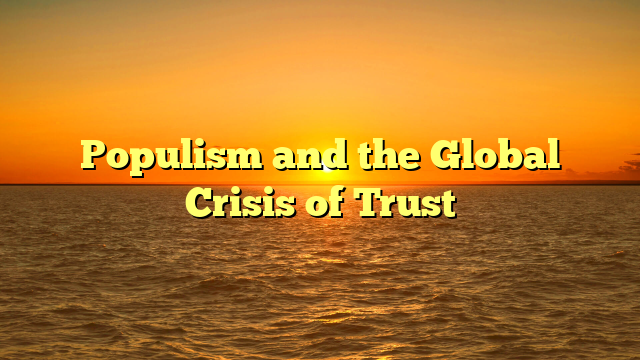Across continents, a new wave of populism is reshaping democracies — and undermining faith in global cooperation. From the United States and Italy to Brazil and the Philippines, populist leaders channel public anger against elites, globalization, and institutions slot gacor Naga169 that once held the world together.
The common thread: distrust. Economic inequality, misinformation, and cultural polarization have eroded belief in the system. “People feel democracy no longer listens to them,” says political sociologist Dr. Anna Ruiz.
In Europe, far-right parties are gaining ground, exploiting discontent over immigration and inflation. In Latin America, anti-establishment rhetoric continues to dominate elections, while in Asia, populist movements blur the line between democracy and authoritarianism.
Social media amplifies resentment. Platforms once hailed for empowering citizens now deepen echo chambers, rewarding outrage over dialogue. The result: governments that rise on emotion and fall to instability.
Internationally, populism weakens multilateral cooperation. Climate agreements, migration pacts, and trade deals stall as leaders prioritize nationalism. The language of “us versus them” spills across borders.
Yet, not all populism is regressive. Some movements expose genuine failures of governance and corruption. “The challenge,” says analyst Mark Tully, “is turning protest into reform rather than destruction.”
The crisis of trust now defines our age. Unless institutions rebuild credibility, global politics risks becoming a contest of voices — loud, divided, and dangerously disconnected.
